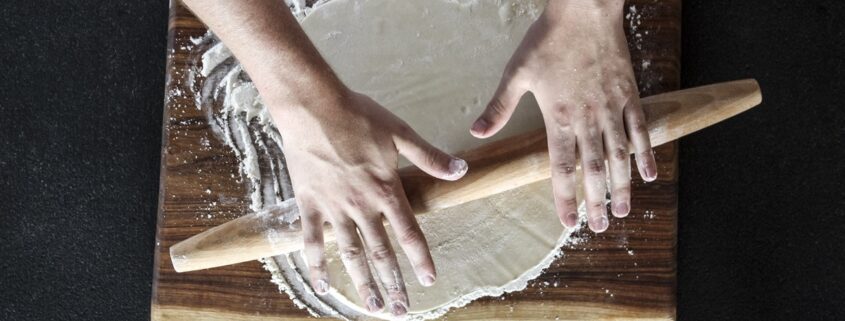Food Safety and Storage Advice For Commercial Kitchens
It isn’t just the quality of meals that commercial kitchens need to focus on to succeed in their daily service, but how food is stored and kept safe is equally important. Catering and foodservice staff must not only take on this responsibility to keep diners safe and be more organised in the kitchen, but in doing so, they can also reduce costs and ensure they’re always giving their customers a flawless service each and every time.
There are a number of things that any commercial kitchen needs to focus on for food safety processes as well as for storing food in a safe and hygienic manner. We’ve put together a list of advice to help make your daily food safety and storage operations as efficient and effective as possible to create a commercial kitchen to be proud of.
Food safety
There are four main steps to food safety which can prevent illnesses and food poisoning from food being improperly stored and used.
– Clean
– Separate
– Cook
– Chill
Clean
You must ensure hands and surfaces are cleaned frequently to prevent those germs that can easily be spread around the kitchen. Twenty-seconds of washing with soap and water before and after dealing with food can keep those germs at bay.
Separate
Cross-contamination of foods such as raw meat, seafood and eggs can make your diners ill. These foods should always be separated by using separate chopping boards, utensils and surfaces as well as keeping them away from other foods in a fridge.
Cook
Cooking foods at the right temperature is obvious, but it’s useful to know that the temperature throughout food needs to be high enough to kill those germs before being consumed. Food thermometers are essential to ensure all food is at a safe temperature. For more information on correct temperatures, see FoodSafety.gov’s Safe Minimum Cooking Temperatures chart.
Chill
It’s important to refrigerate food properly as bacteria can grow rapidly at room temperature. Perishable foods should not be left out of a fridge for over 2 hours and frozen foods should be thawed out in a fridge over being left out on a kitchen counter.
Food storage
Use by and best before dates
Use by and best before dates should always be taken into account, using up older foods first to prevent any waste. Use the ‘first in, first out’ rule on stock to make sure all food is used within their use by dates. Any foods within these dates that look or smell different to what they should need to be thrown away. It’s always good to do visual inspections and ‘smell tests’ on all foods before they’re used for cooking to ensure they’re safe for consumption.
Storing chilled and ready-to-eat foods
It’s a legal requirement to store chilled foods at 8°C or below, with ambient foods being fine to store at room temperature. Of course, raw and cooked foods should be stored separately to prevent cross contamination.
In order to keep foods at their freshest, you’ll need refrigeration equipment to cater for your every need. Here at Swift, we supply some of the industry’s leading commercial refrigeration equipment to ensure you reduce food waste, lower costs and meet strict food hygiene measures. Get in touch with us if you need any advice or recommendations!
Choose Swift to ensure your food is safe and stored correctly
We’ve got over 40 years of experience in commercial kitchen design, ensuring kitchens have the right storage space and refrigeration solutions available to safely store food. If your commercial kitchen needs sprucing up or your equipment could do with an upgrade, we’re the team to speak to.
Give us a call today on 0121 505 4001 or fill out our contact form.



